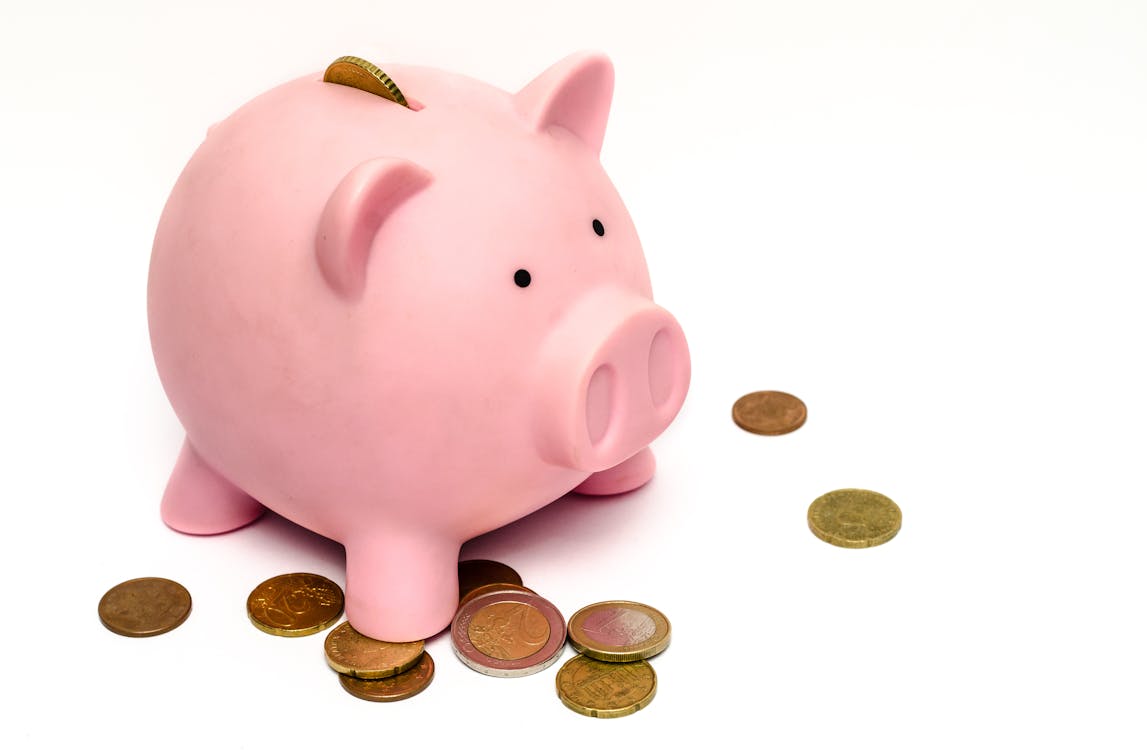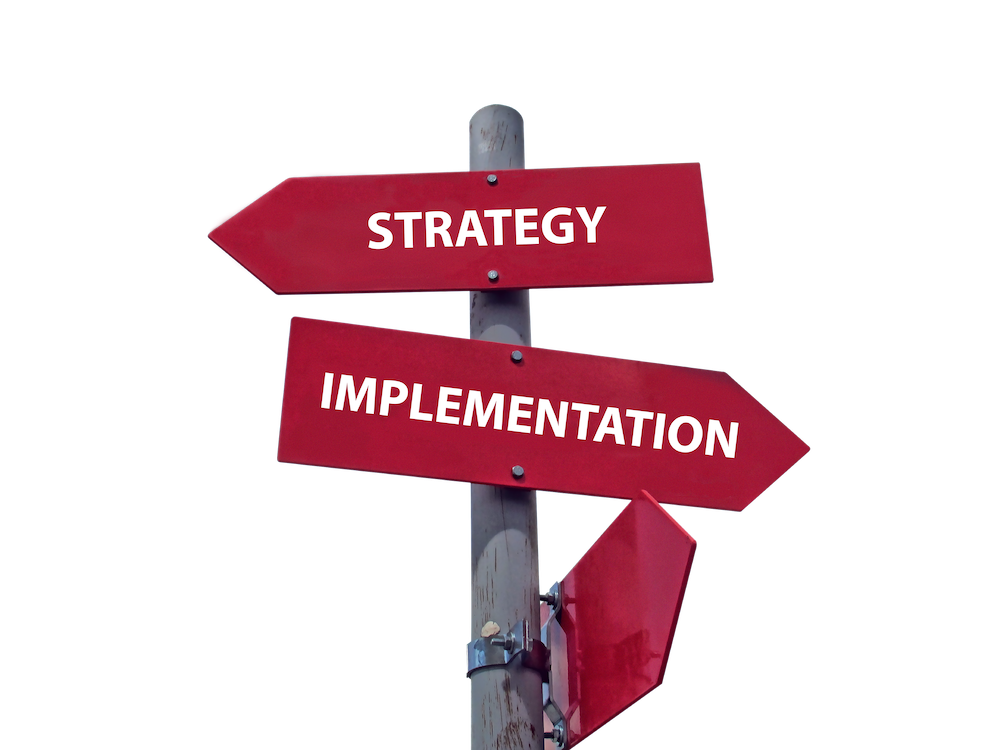Got some extra cash and not sure what to do with it? Maybe you received a nice bonus, your birthday just passed (if so, happy birthday!), or you finally decided it was time to take the money from under your mattress and put it to good use. In any scenario, using idle cash to invest and/or pay down debt is more beneficial than leaving it at home for a rainy day.

When confronted with the question of whether to invest or to pay down debt, you may ask yourself, “How could I be saving money if I actually use my money to pay down debt?” Therefore, the knee-jerk reaction would be to invest. Unfortunately, it isn’t always that straightforward and no two scenarios are the same.
Here are a few factors to consider when making your decision:
Interest Rate
A good start would be to compare the rate(s) of return on investment opportunities and the interest rate(s) on your outstanding debt. Analyze your debts and sort by interest rate (highest to lowest) to see which debts are costing you the most.
To illustrate, see the two tables below, which assume a scenario with $1,000 in idle cash, $1,000 of debt (incurring 6% interest), and an opportunity to invest in a CD earning 1% interest.
Investing instead of paying down debt:
| Balance Before Investment | Investment | Interest Earned (1%) | Interest Incurred (6%) | Balance After Investment | |
| Investment | $0 | $1,000 | $10 | – | $1,010 |
| Debt | $1,000 | – | – | $60 | $1,060 |
Paying down debt instead of investing:
| Balance Before Reduction of Debt | Reduction of Debt | Interest Earned (1%) | Interest Incurred (6%) | Balance After Reduction of Debt | |
| Investment | $0 | – | – | – | $0 |
| Debt | $1,000 | ($1,000) | – | – | $0 |
In the above example, if you invest, you would earn $10 of interest but incur $60, leaving you down $50; if you pay down debt, you would be even. Obviously, this was a very simple example, but in this scenario, it would be more beneficial to pay down your debt because you would be saving 5%, or $50, on your $1,000 of idle cash.
Remember, interest earned and interest incurred both will compound, meaning future interest will be earned/incurred on principal plus previous interest earned/incurred.
Risk Tolerance
Are you more on the risky or conservative side of the spectrum? Riskier investments yield higher returns, whereas lower-yielding investments tend to be more safe and secure. Risk factors include age (younger investors can take more risk because they have more time to recoup any lost investments), career/salary (higher salary presumably means more disposable income to invest, which can allow for riskier investments), length of investment/debt (long-term and short-term investments have different risk strategies; long-term and short-term debt may have different rates and payoff strategies), etc.

An important aspect of risk tolerance is peace of mind. Would you feel comfortable paying off as much debt as you can? Would a weight be lifted off your shoulders if you pay off a debt that’s been hanging over your head for what seems like forever? Could you comfortably build a risky portfolio knowing that you could lose it all? Do not make a decision that would raise your blood pressure!
Tax Impact
Your tax bracket could sway your decision one way or the other. Is your investment income taxable? If so, at what rate? Take note of your marginal tax rate – that is, the rate of tax applied to your next dollar of income.
Is your interest expense deductible? If so, will you get the benefit of that deduction? Personal credit card debt should be the first form of debt to be paid off since the interest is not deductible and the rate is usually high. Student loan interest, mortgage interest, and investment interest are all deductible, and generally carry lower interest rates.
Expendable Cash
How much can you part with each month? Quantify your interest incurred on debt into real dollars per year, then per month, and relate that number to everyday items that you buy on a monthly basis. Could you sacrifice a few dollars here and there to mitigate some of that interest that’s building up?
Can you set aside $5 a week to invest? $10? $20? Even small amounts earn interest and, as the interest compounds, your earnings will grow. One less coffee every few days adds up quickly!
If you’re strapped for cash, paying down debt may not be the best decision; you want to make sure you have some accessible money/liquid assets in case of an emergency.

Investment Strategies
If you feel investing is the way to go, there are countless options to generate investment income. The simplest, most liquid (and also lowest yielding) method would be to open a savings account. Another safe, low-yield investment would be a certificate of deposit, but be aware that your money would be untouchable for the term of the CD unless you are okay with paying an early withdrawal penalty.
If you are more aggressive, you can invest in the stock market. This option is also highly liquid, but subject to more volatility.
Some of the most beneficial investments are retirement accounts. Does your employer offer a 401(k) plan or something similar? Does your employer match? If you take one thing from this article, let it be this: if your employer matches, make it a priority to max out your retirement plan. Why? Because you will be investing money which will be doubled, thanks to your employer, and it will have plenty of time to grow until you are ready to retire. If you are young, time is on your side and it will benefit you more than paying down debt.
IRAs are another great example of retirement investments. They are self-funded and also provide ample time for the investment to grow. Click here to learn about the different IRA options.
Another valuable investment – yourself. Starting your own business does not always require a ton of capital. Hewlett-Packard started with just $538 in assets; anything can happen!
Debt Strategies
Keep in mind – reducing your debt is completely different from eliminating your debt. If you are reducing debt, you are still incurring interest, just to a lesser degree. Eliminating debt completely will put an end to interest, but requires more cash.
If you have a limited amount of expendable cash and a high amount of debt, it may be wise to invest that money. You don’t want to drain all of your cash to lessen debt that will still incur interest.
Wrap Up
The bad news – you’re not sure whether to invest or pay down debt. The good news – this is a good problem to have because that means you have a little extra cash.
If you decide to pay off your debt first, make it a habit to continue to set aside the same amount per month after the debt has been paid off. You can use this to start your investment portfolio or open a savings account. If you decide to invest instead of pay down your debt, revisit your situation every six months to determine if and when it is right for you to start getting rid of those debts.
Aiola CPA, PLLC is a 100% virtual CPA firm, specializing in tax planning and preparation for real estate investors. See more at www.aiolacpa.com




Pingback: Why Big Tax Refunds Are Bad News | Aiola CPA, PLLC